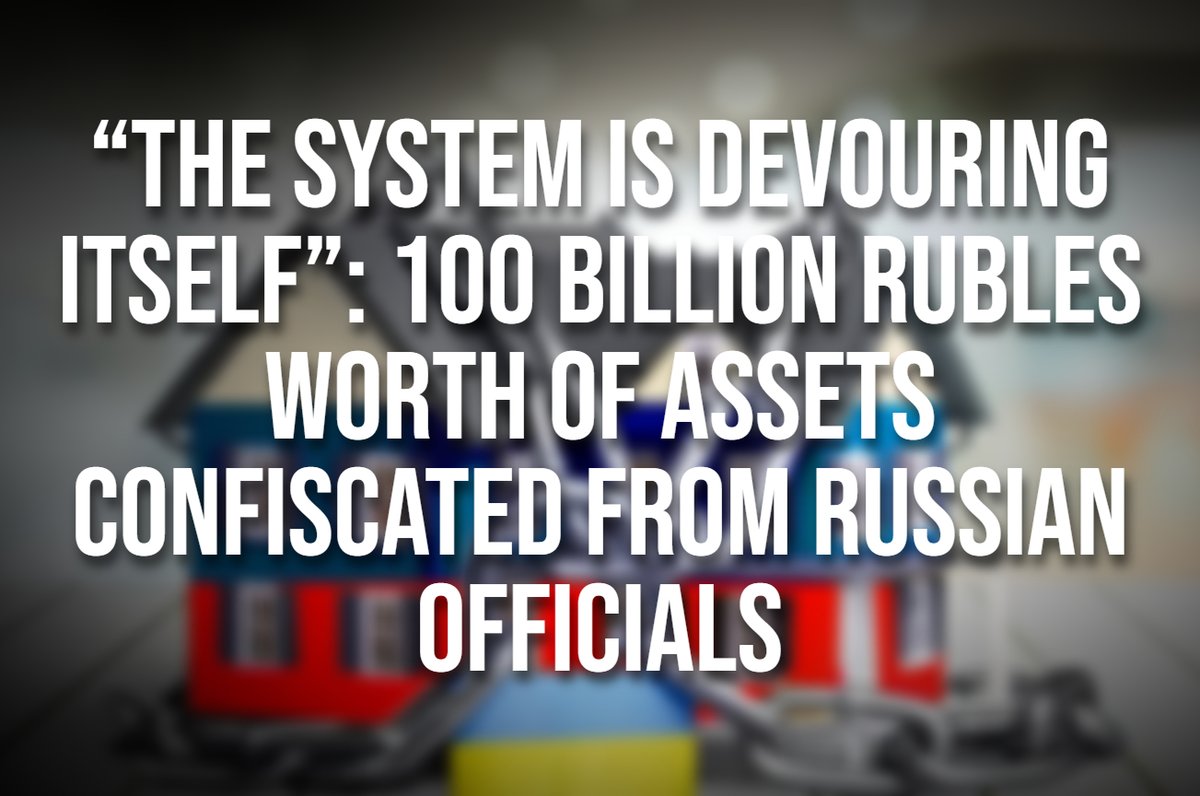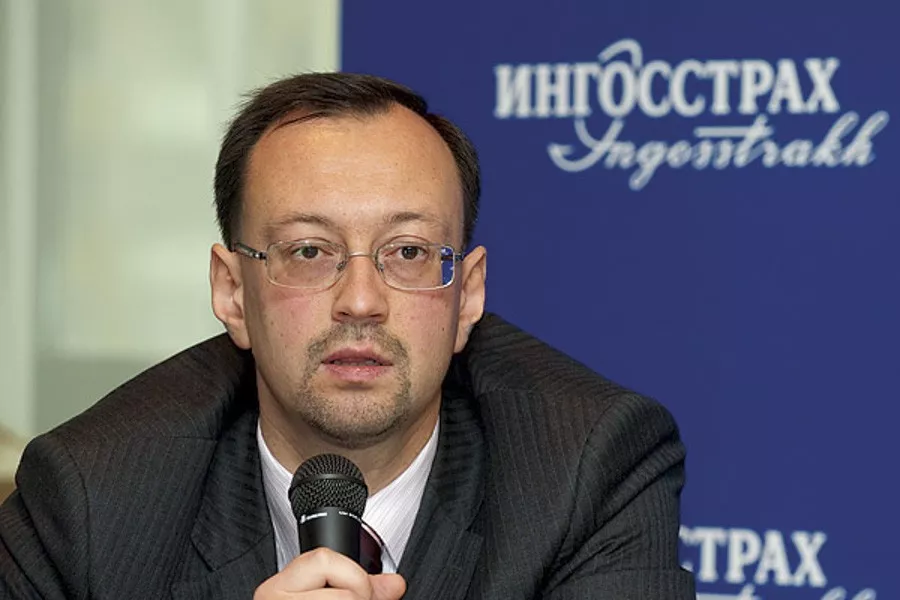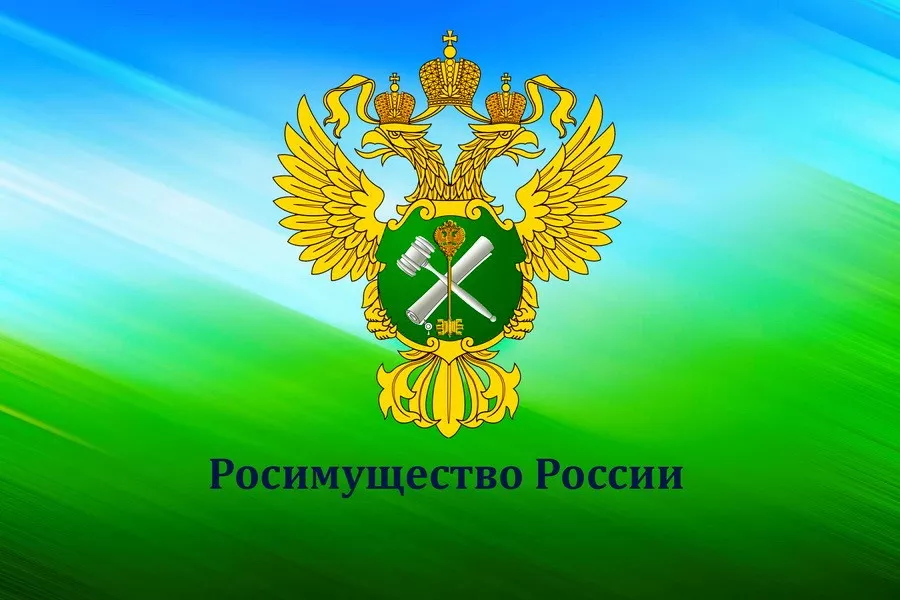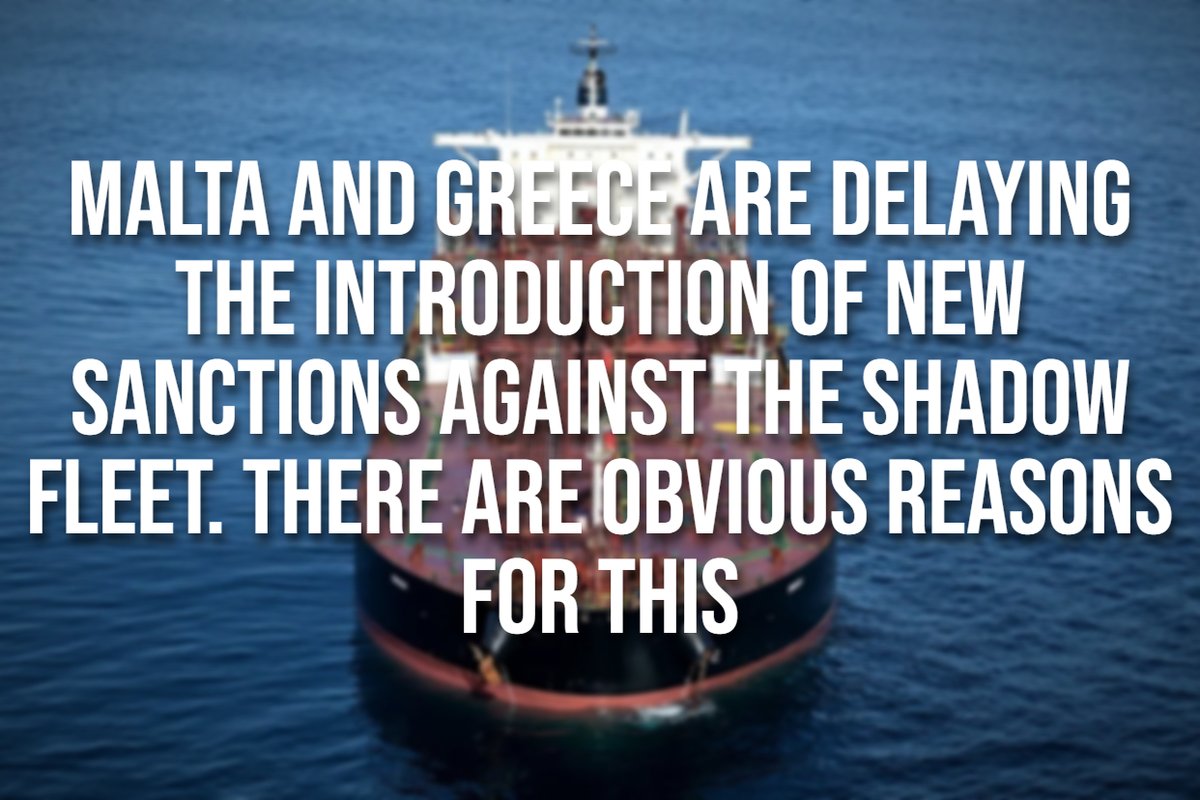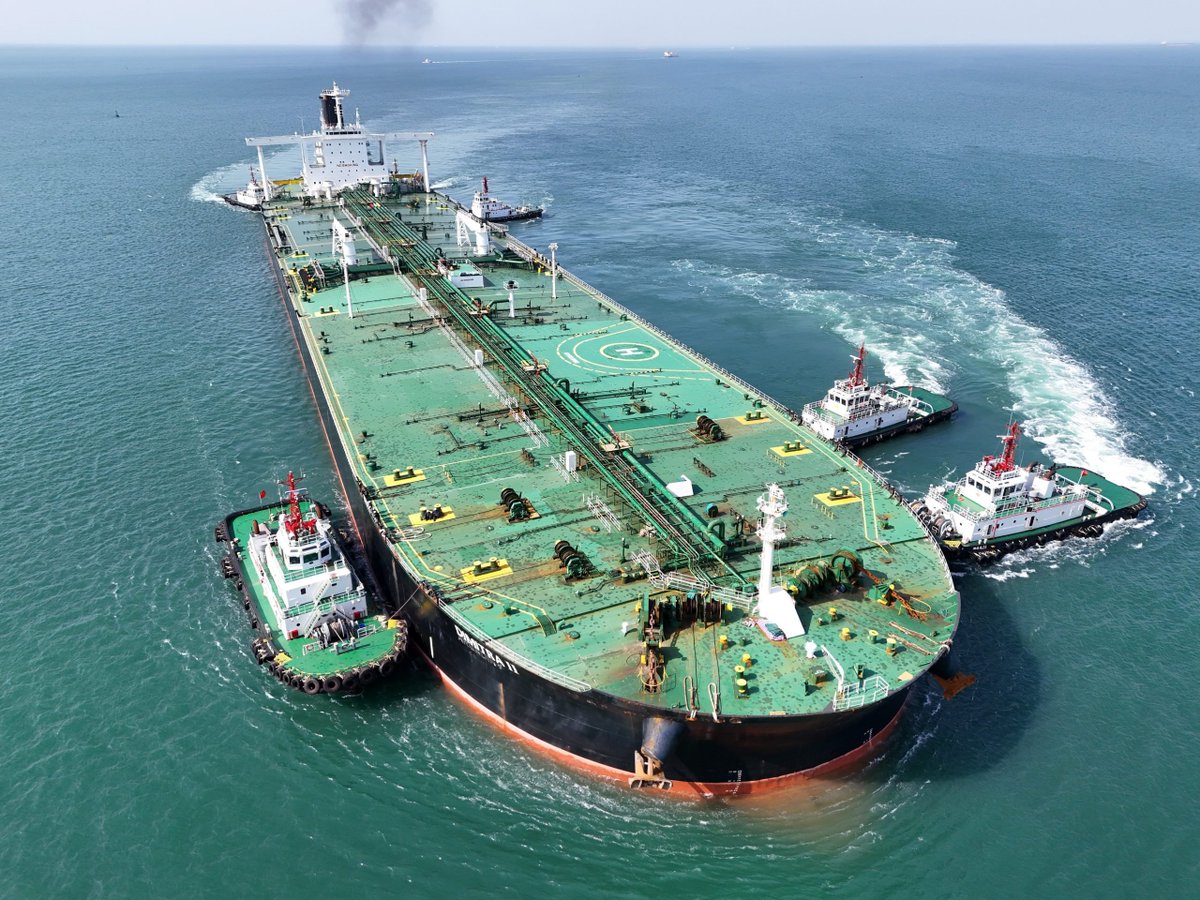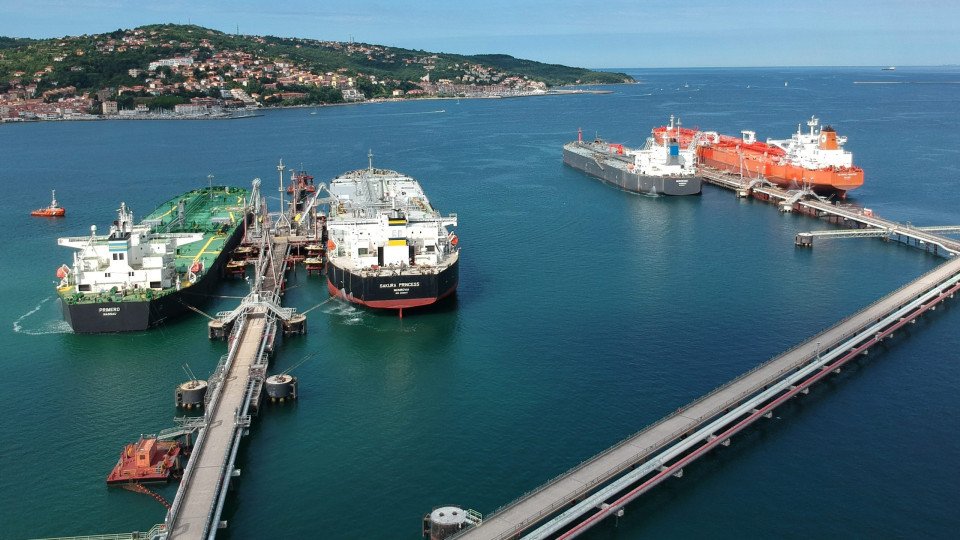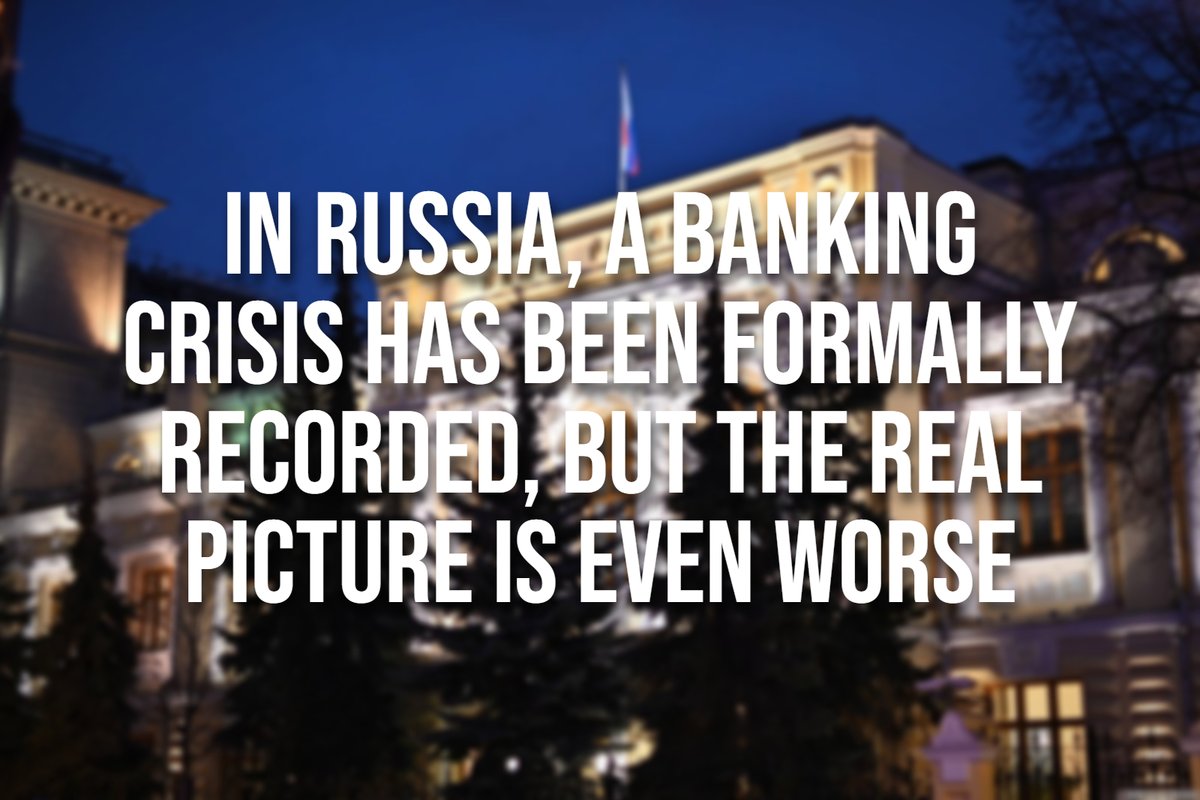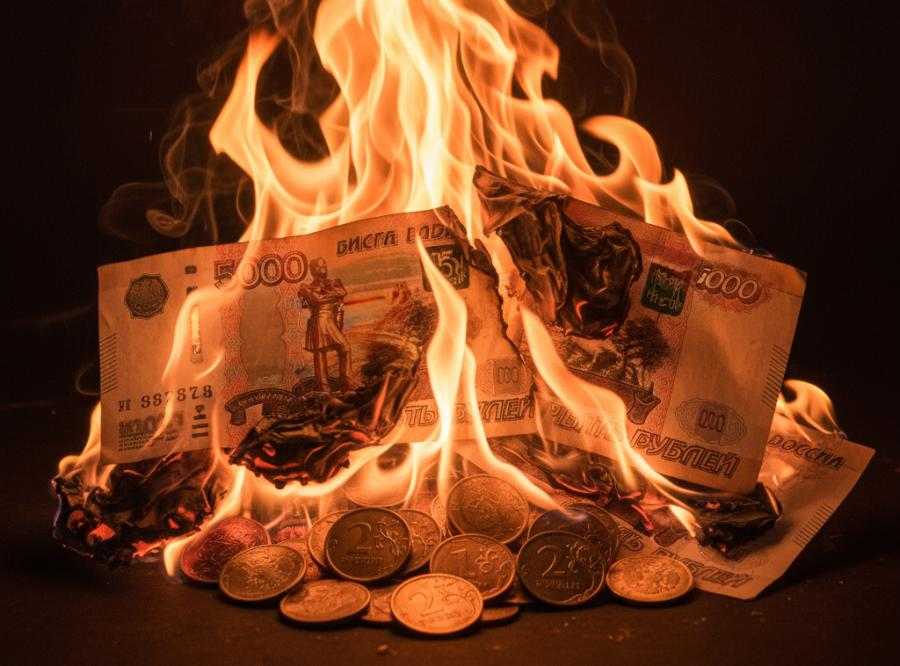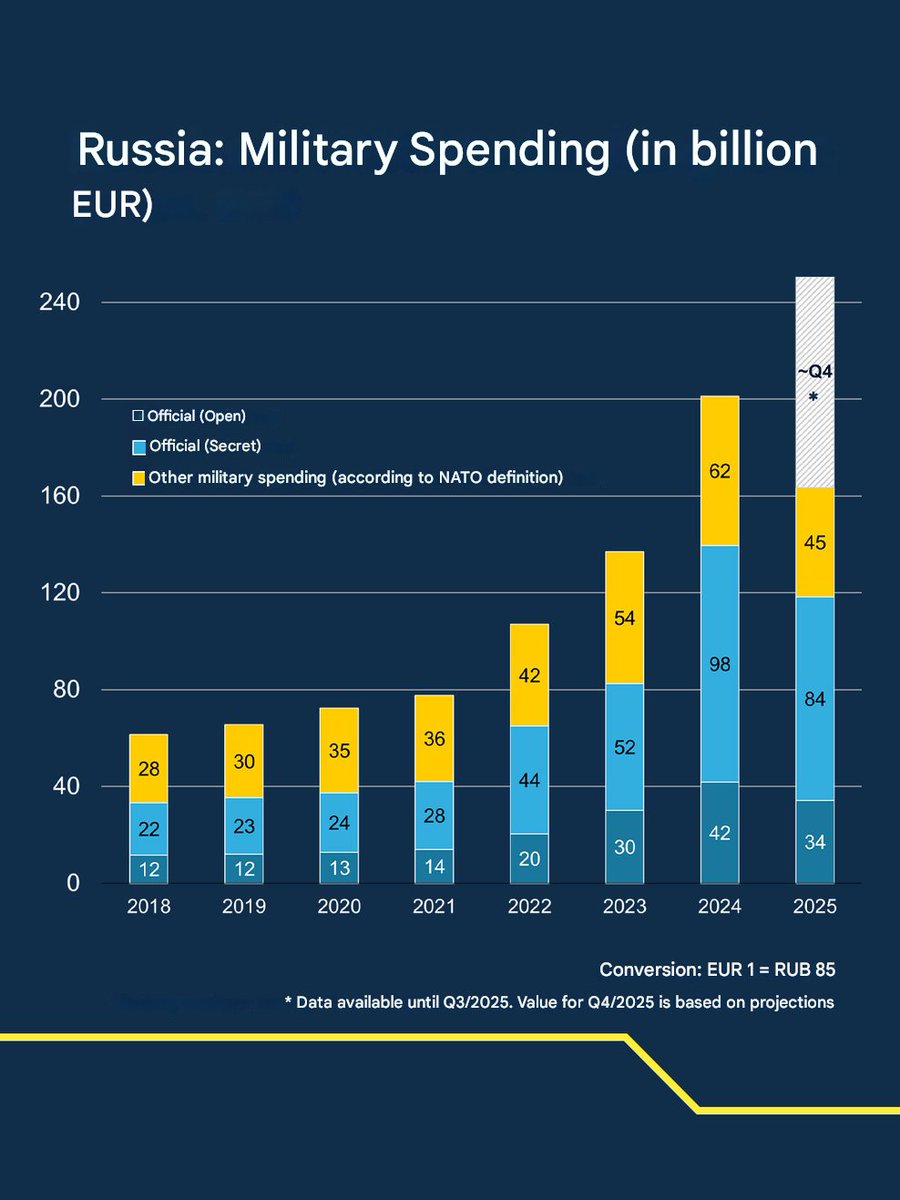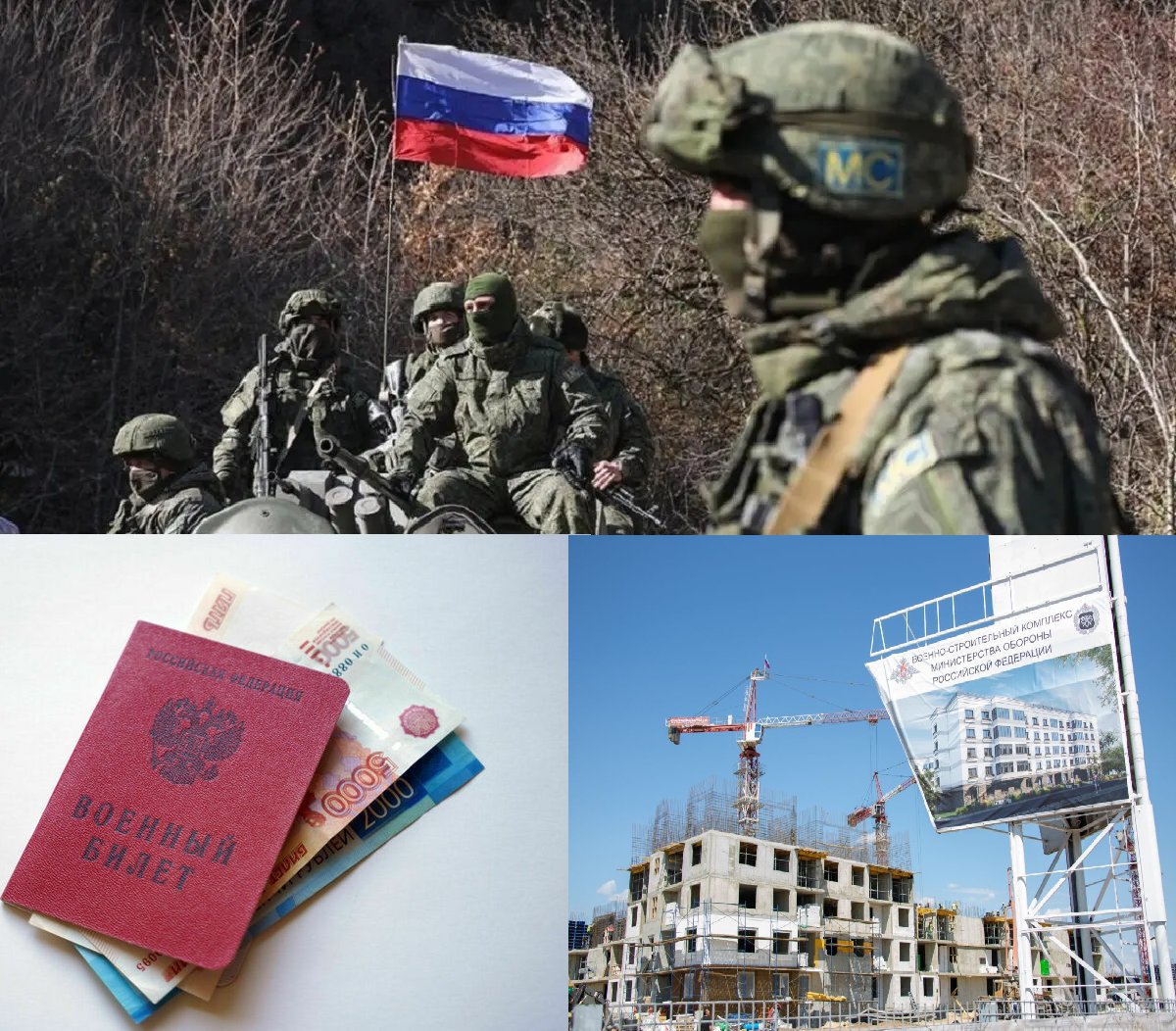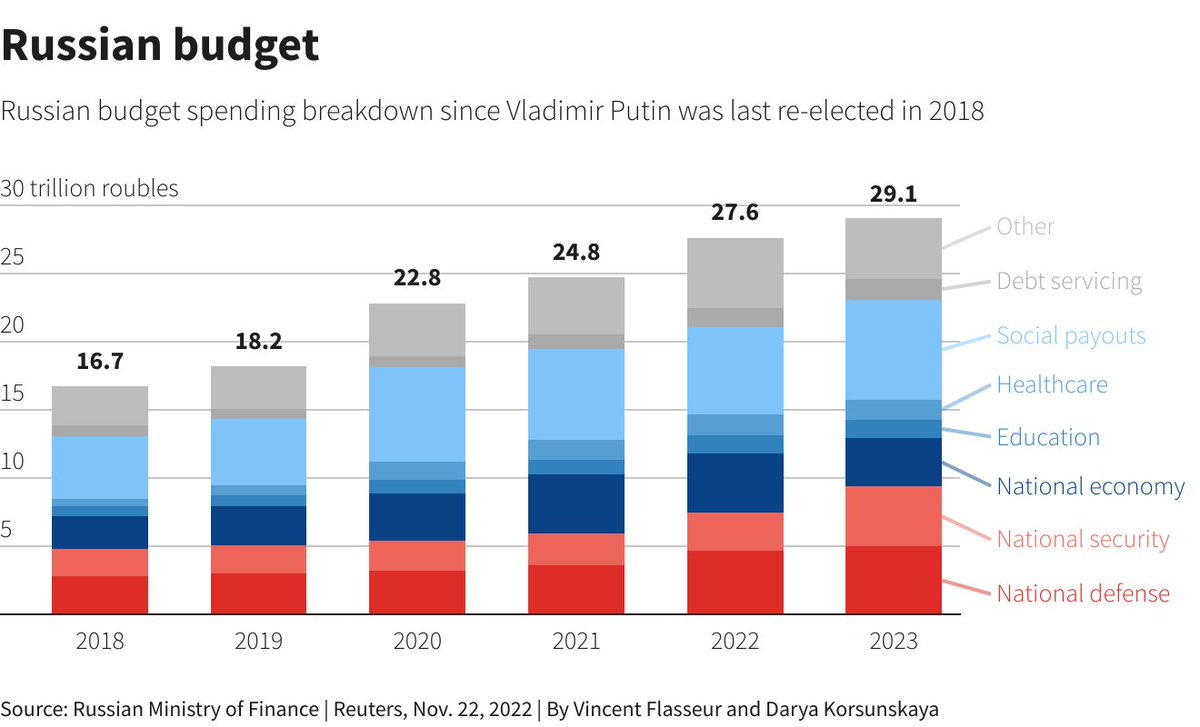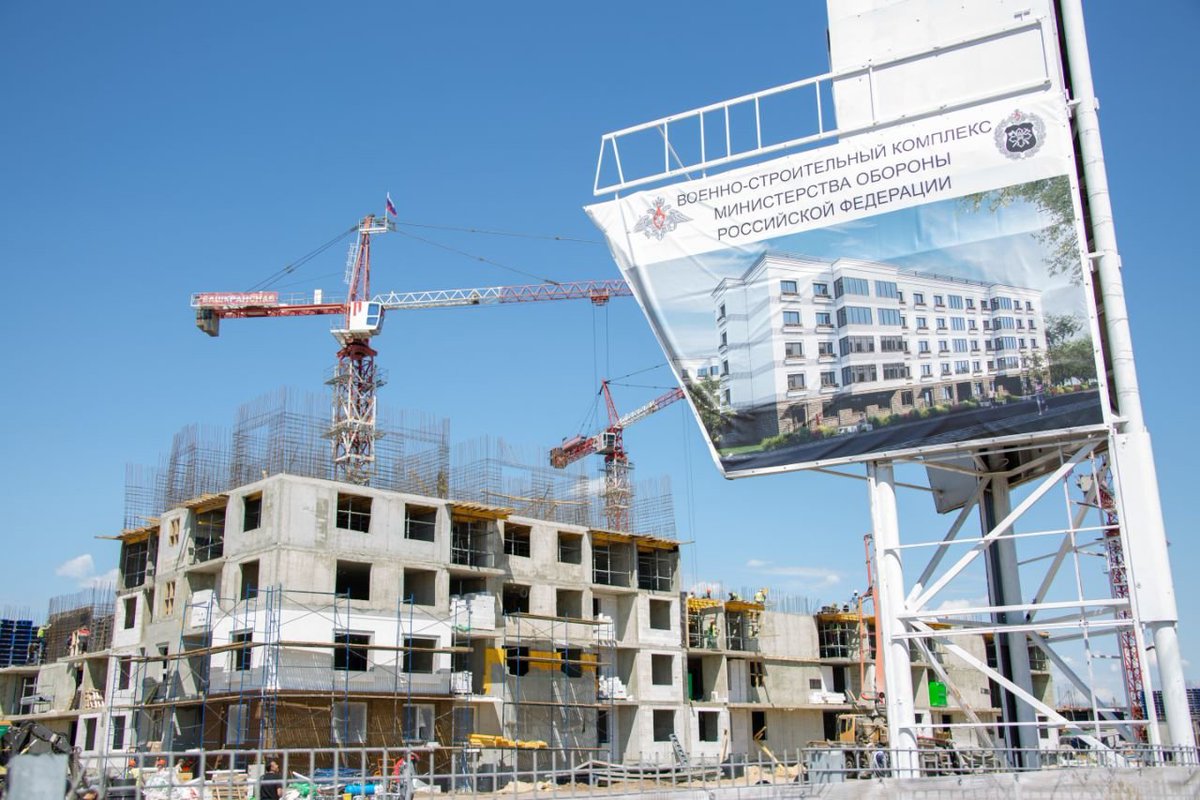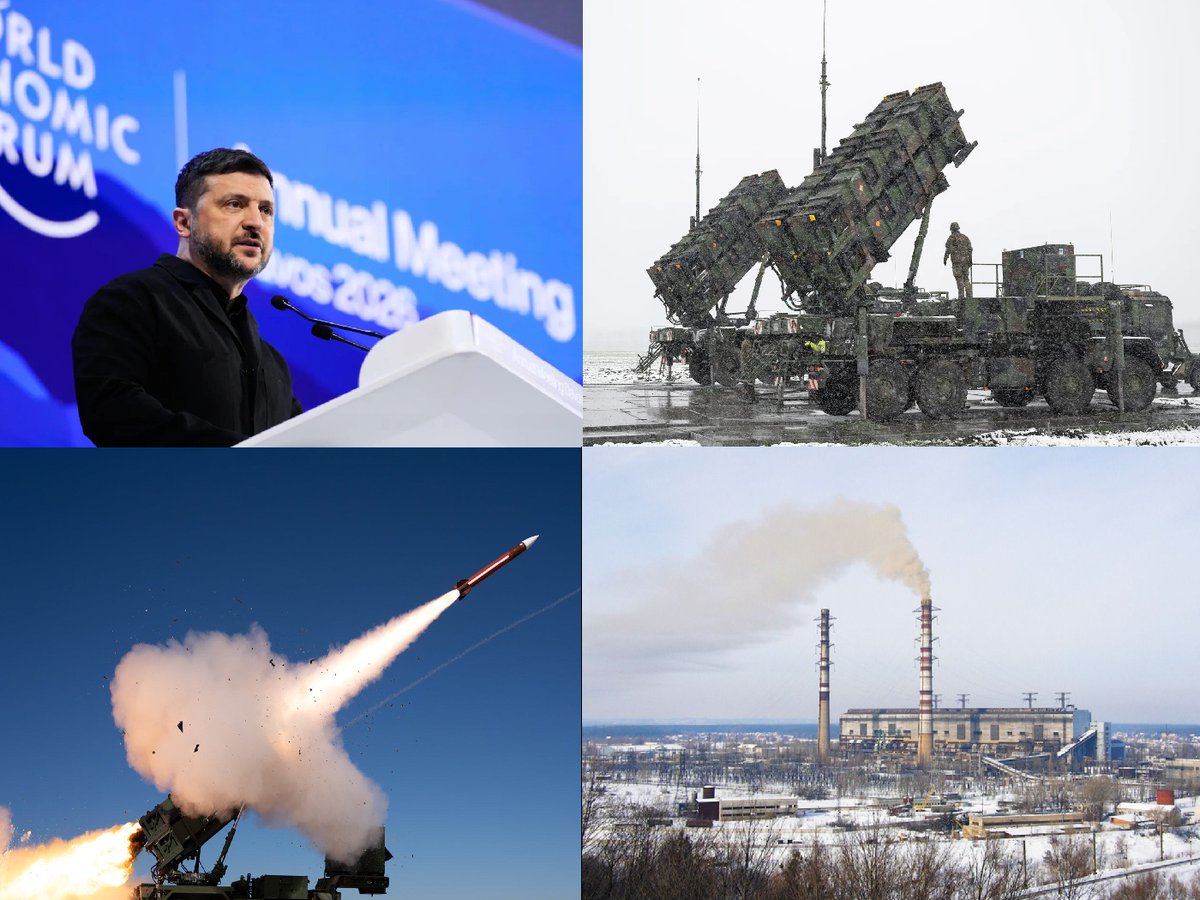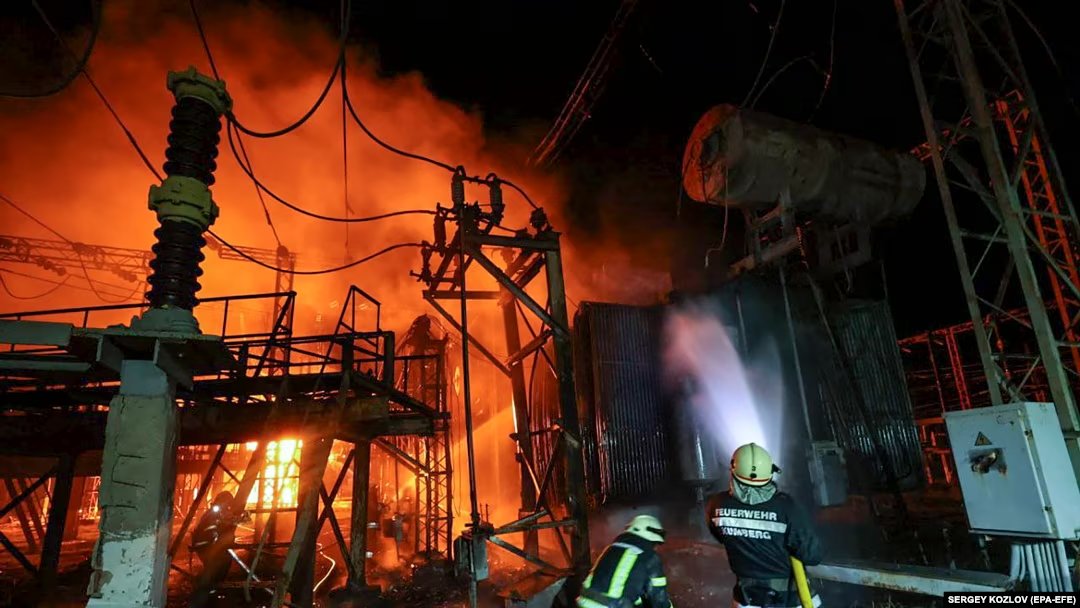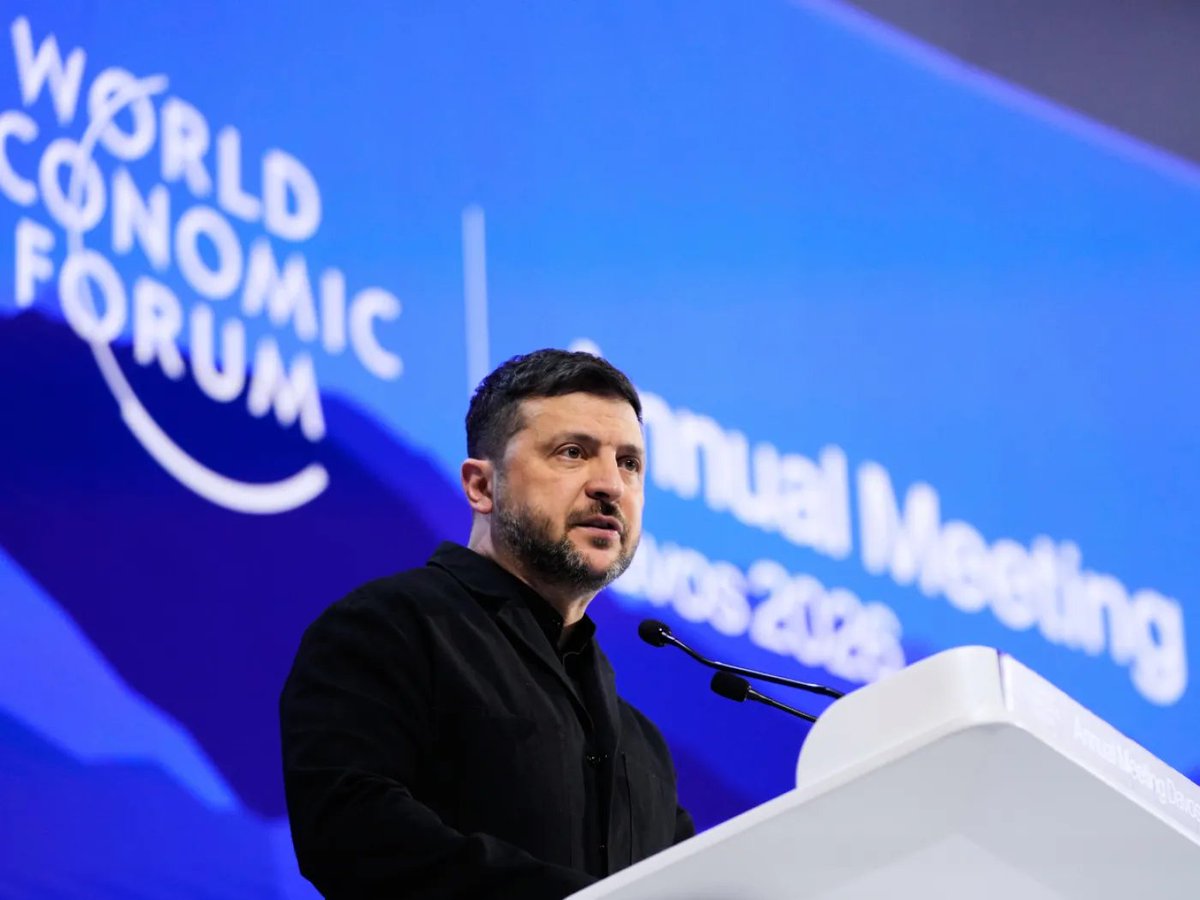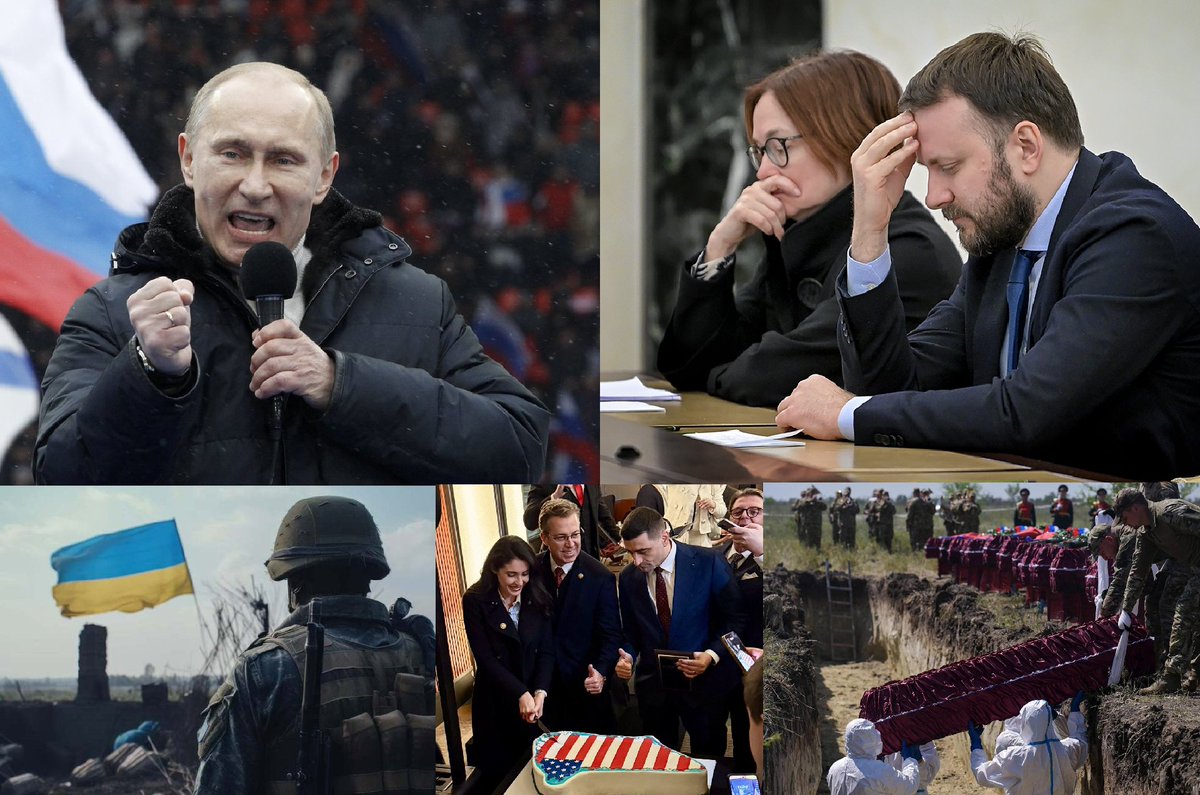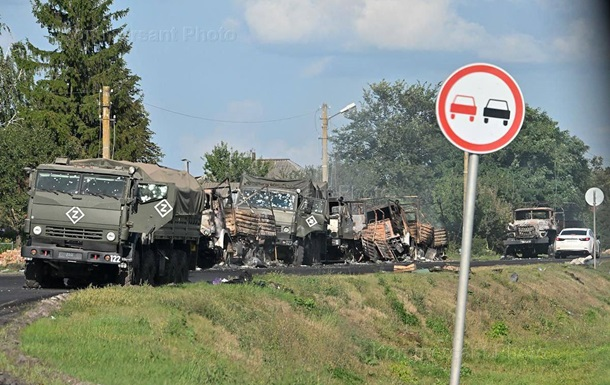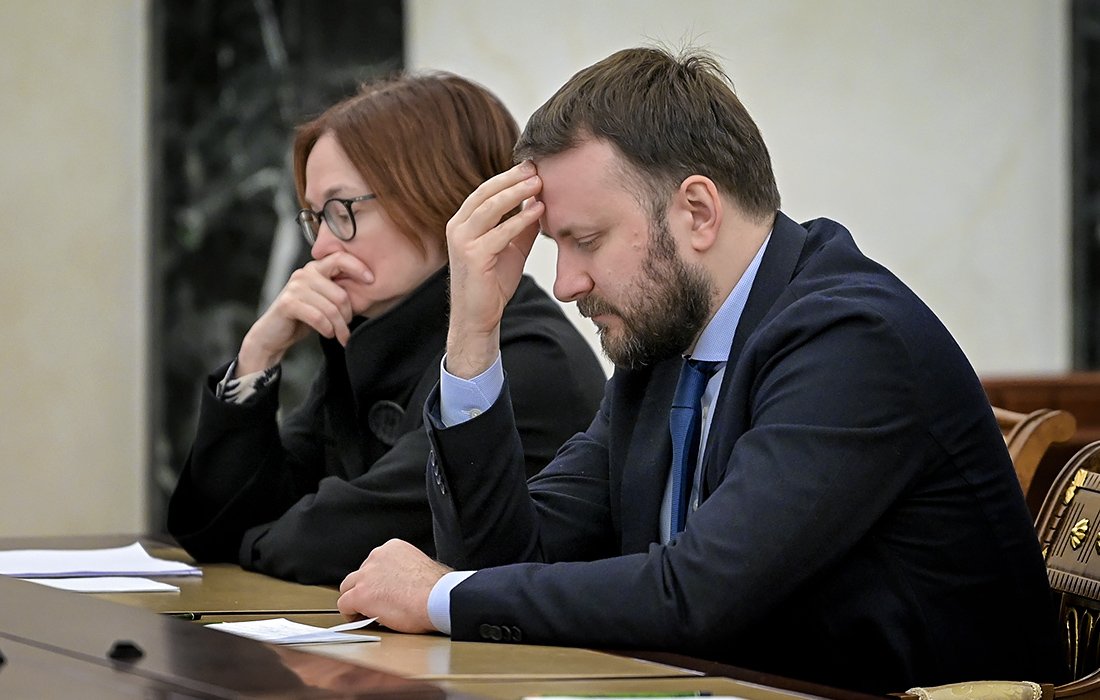1/8 One more miserable failure: the window of opportunity for russia to achieve anything on the front in 2024 is steadily narrowing. Analysis by @joni_askola 

2/8 russia had its prime opportunity in a long time, from October 2023 to the autumn of 2024, to make gains on the front, as Ukraine faced shortages in manpower, shells, and fortifications. 

3/8 Despite its best efforts, russia miserably failed to achieve anything significant while Ukraine was at its weakest. Its only accomplishment was the capture of Avdiivka, at the expense of tens of thousands of casualties. 

4/8 russia's diversionary offensive north of Kharkiv did not achieve its objectives, but it compelled Ukraine's allies to permit Ukraine to launch strikes into russian territory. 

5/8 As russia squandered its opportunity, Ukraine has been mobilizing, fortifying, boosting production, targeting russian energy infrastructure, and ultimately receiving shells and equipment from its allies. 

6/8 russia has yet to capture the small but important town of Chasiv Yar, and its time for launching a decisive offensive is running out. By the year's end, Ukraine will have become too formidable for russia to achieve significant successes on the front. 

7/8 For Ukraine to maintain its advantage in this war, the best approach is to refrain from large-scale offensives and concentrate primarily on defense. Ukraine's success will not come from reclaiming territory, but from conveying to the russians that the war is unwinnable. 

8/8 It may take years for the average russian to recognize in their imperialistic, revanchist, and materialistic mindset that the war is unwinnable and futile, but that realization will eventually occur. For that day to arrive sooner, Ukraine needs to defend itself. 

• • •
Missing some Tweet in this thread? You can try to
force a refresh


